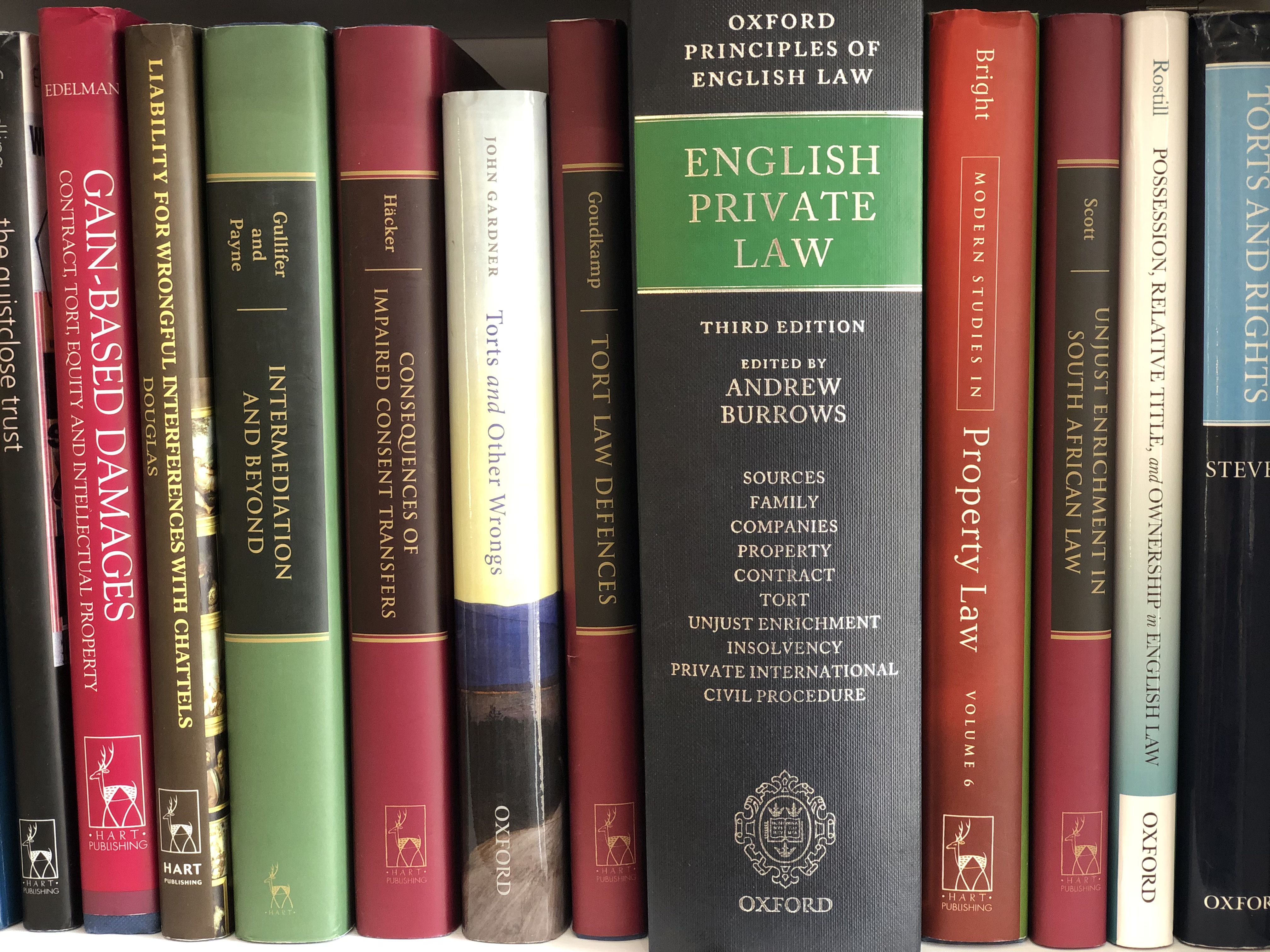Futureproofing Flats
This programme of research looks at how flats are owned and managed, and how those rules affect the installation of energy efficiency and renewable energy improvements.
In this research, Professor Susan Bright has worked with David Weatherall, an expert in energy efficiency policy (Future Climate), and in collaboration with TLT Solicitors (Mark Routley, Partner), Westminster City Council, and Dr Frankie McCarthy at Glasgow University. The research explains that the way that flats are owned, through leases, means that agreement for improvement work often needs the involvement of many parties, such as landlords, leaseholders, short-term tenants, mortgagees and management companies. In practice, few leases in the private sector enable landlords to pass on the costs of this work as they will usually count as ‘improvements’ and not fall within the service charge provisions of the lease. As the advantages of warmth, comfort and reduced bills will benefit the flat owners this means that there is no incentives for landlords to upgrade. Even in resident owned blocks the inability to pass on costs through the service charge provisions means that in practice they cannot do the works.
As part of this programme of research a number of events were held.
On the Future Climate website you can see a series of presentations at an event in 2017 entitled: Leaseholders and refurbishment: overcoming the legal, practical and policy challenges.
In the research we also prepared a proposed legal change that would allow freeholders to get on with basic energy efficiency improvements across a block of flats whatever leases say. Individual leaseholders would not be able to simply prevent improvements across a block of flats because they don’t want to pay their share. At the same time our proposals would protect leaseholders from unreasonable costs: freeholders would only be able to get on with cost-effective energy efficiency improvements.
Similarly our proposals would allow individual flat owners to install energy efficiency upgrades whatever their lease says. One shocking feature of current rules is that freeholders can be obliged by the terms of leases to prevent reasonable energy saving adaptations inside flats, even if the improvement would have no impact on the wider building. Again our proposed law change would protect wider interests: flat owners would only have the freedom to make alterations where doing so will have no significant impact on the other flats in their block.
Download the draft Leasehold Reform (Energy Efficiency) Bill.
Publications
The project has also led to a series of publications.
Susan Bright and David Weatherall wrote Framing and Mapping the Governance Barriers to Energy Upgrades in Flats in the Journal of Environmental Law.
They have explored the fact that upgrading buildings is an interdisciplinary challenge, particularly in relation to the decision-making processes, is a multi-authored chapter called ‘Building Governance and Energy Efficiency: Mapping the Interdisciplinary Challenge’ available in the book Advancing Energy Policy: Lessons on the Integration of Social Sciences and Humanities, ed C Foulds, R Robison, ch 6, 2018, 83-97.
Further publications include:
‘Property Law as a Barrier to Energy Upgrades in Multi-Owned Properties: Insights from a Study of England and Scotland’ (with F McCarthy, D Weatherall) (2018) 11 Energy Efficiency 1641-1655
‘Exploring the complexities of energy retrofit in mixed tenure social housing: a case study from England, UK’ (with D Weatherall, R Willis) (2019) 12 Energy Efficiency 157
An article with Philip Morrison argues that a change to laws on varying leases could be made to enable would enable improvements to made. 'Varying Long Residential Leases: When, Why and Reform'
In the News
Complex leases 'a major reason for cold, damp flats' - June 2015, on the University of Oxford news pages.
Addressing the challenges to making energy upgrades in social housing flats, on the University of Oxford Social Sciences Division webpages.
updated September 2022

